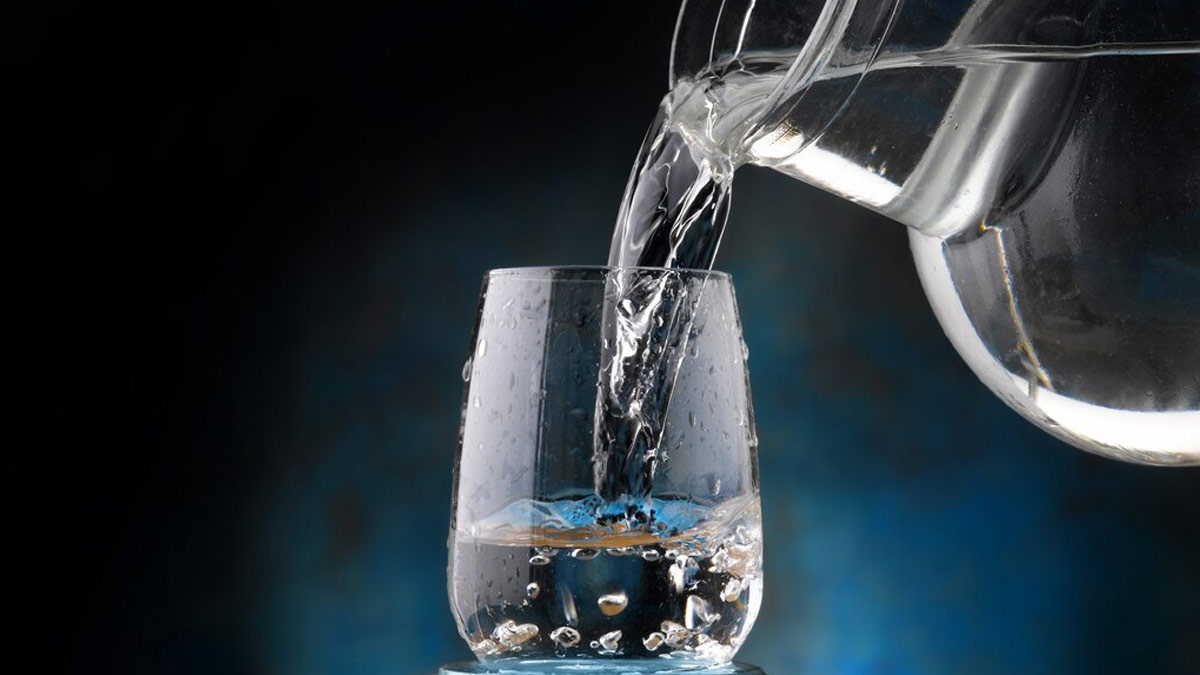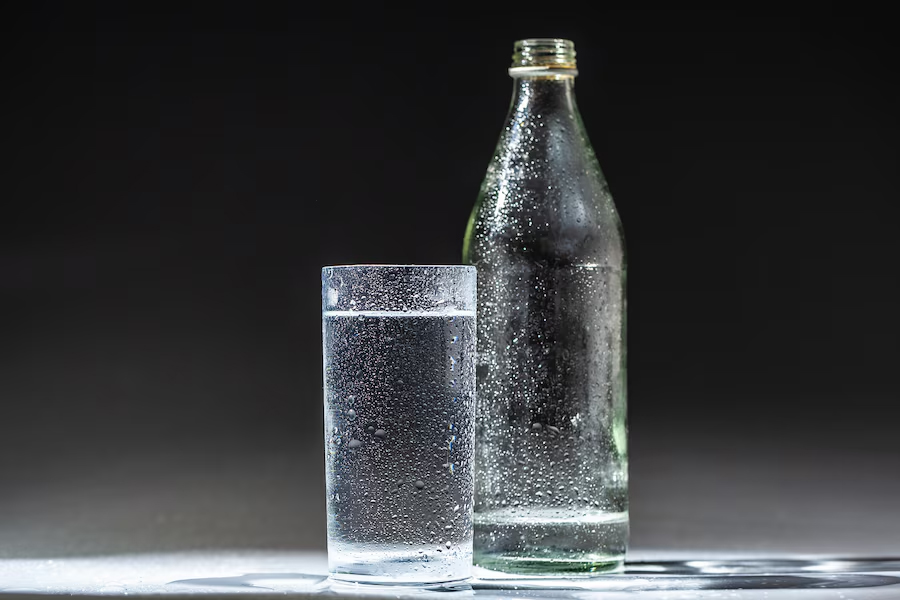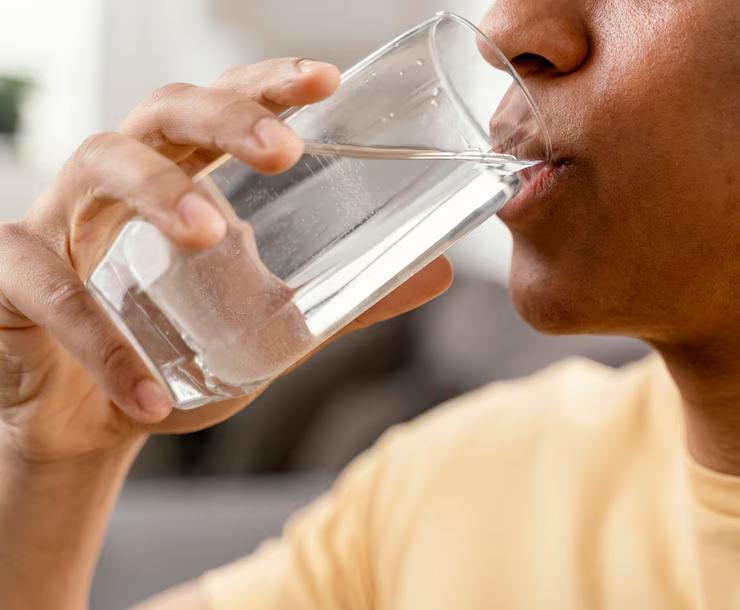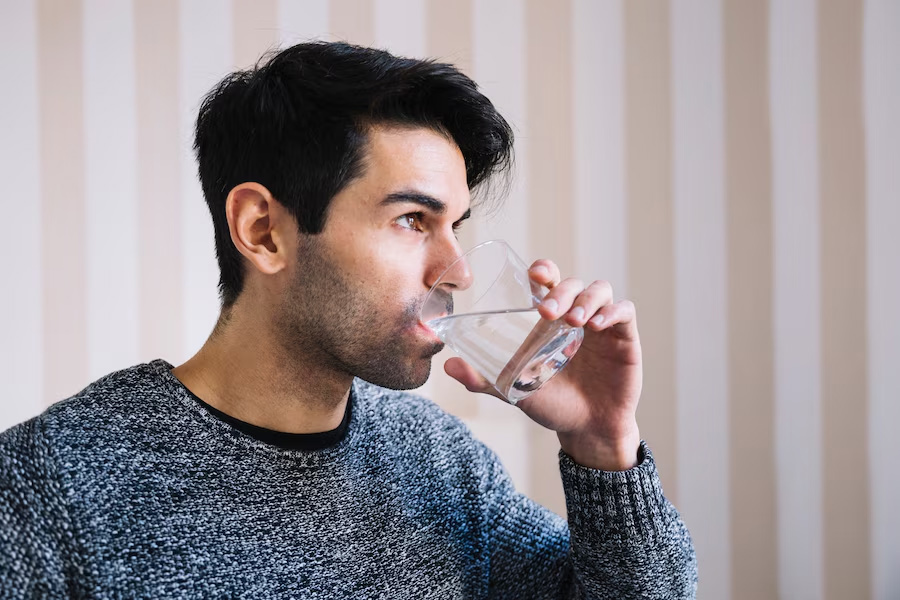
If you don't frequent fancy restaurants or upscale dining spaces, terms like "still" and "sparkling" water might seem unfamiliar. You may have heard them in movies or seen them on menus and wondered, "What exactly is the difference between these types of water, and how do they compare to regular water?" You might also question if one is healthier or more beneficial than the other. If these thoughts have crossed your mind, you're not alone. Many people are unsure about the differences between still and sparkling water, as well as the potential health implications of each. In this article, we’ll break down everything you need to know—what still and sparkling water are, how they differ, and whether one type might be better for your health.
Table of Content:-
Also Read: Start Your Day With Warm Water: 5 Amazing Health Benefits You Can Reap
What Is Sparkling Water?![]()
Sparkling water, also known as seltzer water, is basically carbonated water, meaning it contains carbon dioxide bubbles in it. It is known for its refreshing aftereffects and is considered a healthy alternative to soda.
As compared to sparkling water, regular drinking water is pure H2O and is free of colour, taste, or smell.
What Is Still Water?
Still water, though free of added carbon dioxide and often similar to regular drinking water, can differ in several ways, including taste, quality, and source.
Unlike tap water, still water is often sourced from natural springs or purified through filtration processes, which can influence its mineral content and overall flavour.
Understanding The Benefits Of Sparkling Vs Still Water![]()
Both still water and sparkling water have health benefits, but they may have different effects on the body.
According to WebMD, sparkling and still water are both hydrating. However, sparkling water may be more flavourful and can be a better alternative to soda and other sugary carbonated drinks.
Additionally, sparkling water can help with digestion by promoting burping, which can help with bloating and discomfort after meals. Not just that! Due to the bubbles in sparkling water, it can make you feel fuller, keeping extra calories at bay and supporting your weight loss goals.
On the other hand, still water is an essential choice for hydration, and one of its key advantages is that it is free from carbonation, making it gentle on the digestive system and suitable for people with sensitive stomachs or those prone to bloating.
Still water is more accessible and can come from natural sources like springs, often containing beneficial minerals that support overall health. Additionally, because still water is neutral in taste and texture, it’s ideal for daily consumption, cooking, and even mixing with other beverages.
Also Read: Benefits Of Drinking Water Early In The Morning
Are There Any Side Effects?![]()
When it comes to sparkling water, some people may experience a few side effects. Some people who drink sparkling water:
- Can cause bloating, gas, and stomach pain.
- May be harmful for people with Gastroesophageal Reflux Disease (GERD) or Irritable Bowel Syndrome (IBS).
- Can contain minerals that damage teeth.
- Often contains artificial sweeteners that can cause diarrhoea.
The Verdict
So, which type of water wins? Well, the answer is that both still and sparkling water are beneficial and can promote hydration and offer other health benefits. Sparkling water serves as a refreshing, flavourful alternative to sugary sodas, making it a great choice for those looking to cut down on sugar and watch their weight. In contrast, still water is a gentle and widely accessible option for daily hydration. However, at the end of the day, sparkling water is carbonated, which may cause discomfort for individuals with sensitive stomachs or conditions like GERD and IBS. Therefore, it is best to have your pick depending on your health preferences.
Also watch this video
How we keep this article up to date:
We work with experts and keep a close eye on the latest in health and wellness. Whenever there is a new research or helpful information, we update our articles with accurate and useful advice.
Current Version


